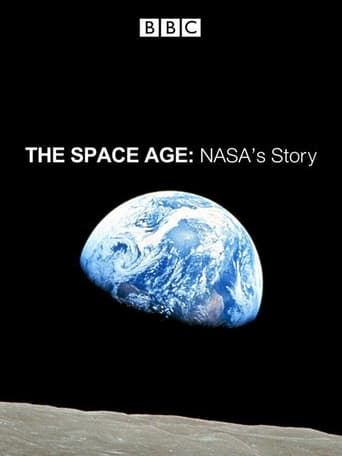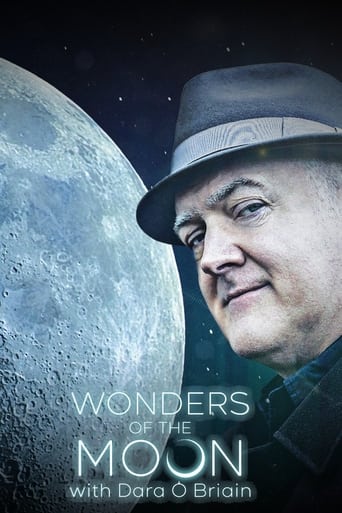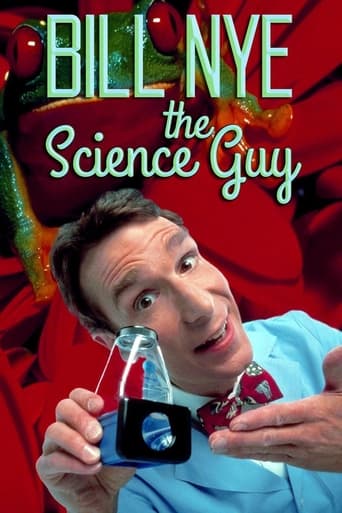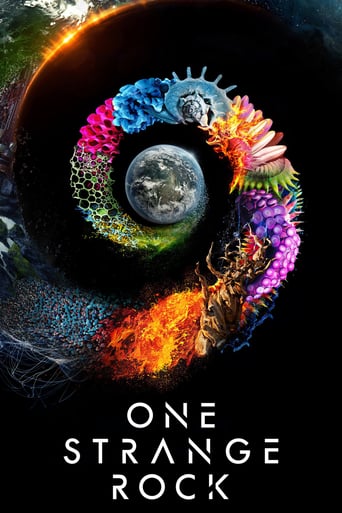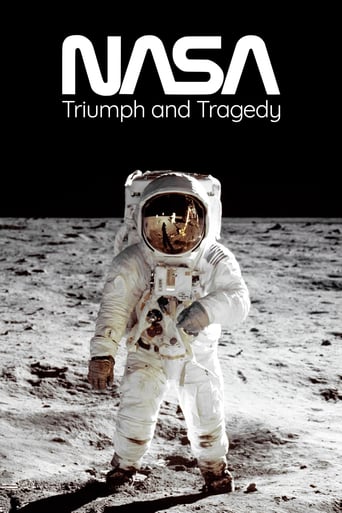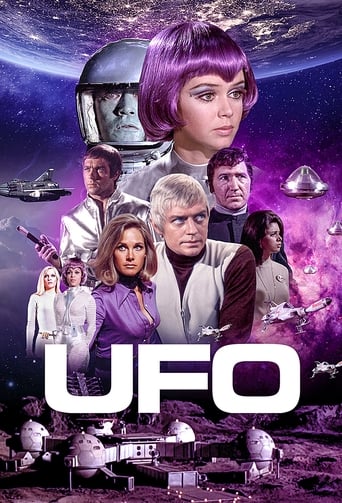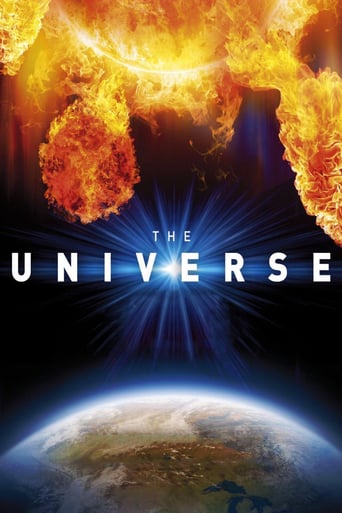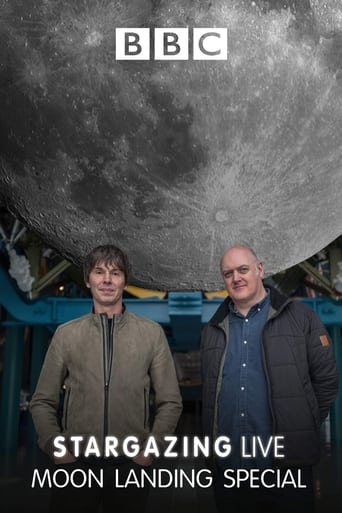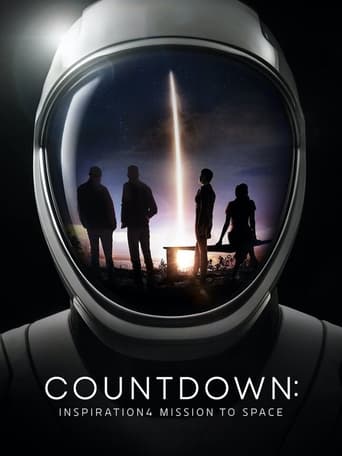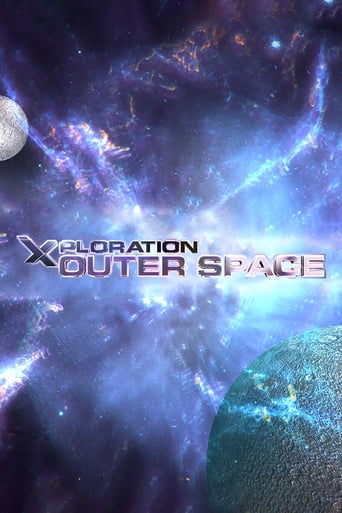The Space Age: NASA's Story Season 1

This BBC series offers a fresh look at an amazing organization and mankind's quest to understand the universe. Blending stunningly restored footage with revealing, insightful and engaging interviews with the people who were there - the astronauts, family members and journalists - this is an epic story of the heroes, the triumphs and the tragedies of space exploration. Starting with NASA's beginnings in the Cold War, the series follows the iconic moments of space exploration from the race to get the first man in space to the first steps on the moon. And with triumph and achievement comes risk and disaster, as the series follows the white-knuckle suspense of Apollo 13 and the tragedy of the shuttle Challenger. Intelligent, inspiring and accessible, The Space Age is a complete history of mankind's journey into space.
Watch NowWith 30 Day Free Trial!
The Space Age: NASA's Story
2011 / TV-G
This BBC series offers a fresh look at an amazing organization and mankind's quest to understand the universe. Blending stunningly restored footage with revealing, insightful and engaging interviews with the people who were there - the astronauts, family members and journalists - this is an epic story of the heroes, the triumphs and the tragedies of space exploration. Starting with NASA's beginnings in the Cold War, the series follows the iconic moments of space exploration from the race to get the first man in space to the first steps on the moon. And with triumph and achievement comes risk and disaster, as the series follows the white-knuckle suspense of Apollo 13 and the tragedy of the shuttle Challenger. Intelligent, inspiring and accessible, The Space Age is a complete history of mankind's journey into space.
Watch Trailer
The Space Age: NASA's Story Season 1 Full Episode Guide
After visiting the Moon, humanity seeks to explore deep space and learn to live beyond the Earth. This requires extensive experimentation, and the building of NASA's first space station - Skylab. Thus begins a new stage in space exploration, heralding the replacement of rivalry with partnership; The International Space Station unites over a dozen nations - with Japanese, Canadian and European astronauts aiming to complete it by 2010. Meanwhile NASA's greatest asset - the Hubble Space Telescope - reveals what is waiting for us deep in space, having begun its life as NASA's most famous mistake.
With repeated triumphs and new challenges come increasing risk, until loss breaks the pattern. The white-knuckle suspense thriller of Apollo 13’s famous near-disaster is only a triumphant prelude to darker moments ahead. The launch of the space shuttle program promises routine trips to Earth orbit for many new astronauts. But just when that promise seems fulfilled, routine shuttle launches begin to bore the public. NASA responds by training a school-teacher to fly, in order to teach children lessons from space. Christa McAuliffe’s life is tragically cut short as she and the rest of the crew perish aboard the shuttle Challenger. All missions are halted. Eventually the shuttle returns to orbit, for fifteen years of successful missions until disaster strikes again with the shocking loss of Columbia. It would be the beginning of the end for the shuttle.
To land a human being on another celestial body will be the first step to living beyond our planet. The breathless pace and daring of the Apollo program sees NASA master previously unimagined tasks in the attempt to achieve the most incredible accomplishment in the history of human endeavor. From the ashes of tragedy on Apollo 1 emerges a determination that puts Apollo 8 in orbit around the Moon ahead of schedule. Apollo 9 and 10 each break bold new ground and pave the way for something few dared to believe was possible. When Neil Armstrong and Buzz Aldrin walk on the Moon and return safely to earth, the whole planet throws them a party.
Born of the Cold War, NASA moves stridently from disastrous rocket tests to the glorious conclusion of the Gemini Program. We experience the massive challenges of sending a man into space and how, despite many setbacks, the astronauts proved that the key element to exploration would be human resourcefulness, in space as well as on the ground. NASA veterans describe these early missions as the hardest of all – the first, uncertain steps towards a new frontier. Building on the success of the pioneering Mercury program, Project Gemini gives NASA the experience and confidence to take the next giant leap – to land men on the Moon.
Free Trial Channels
Seasons


